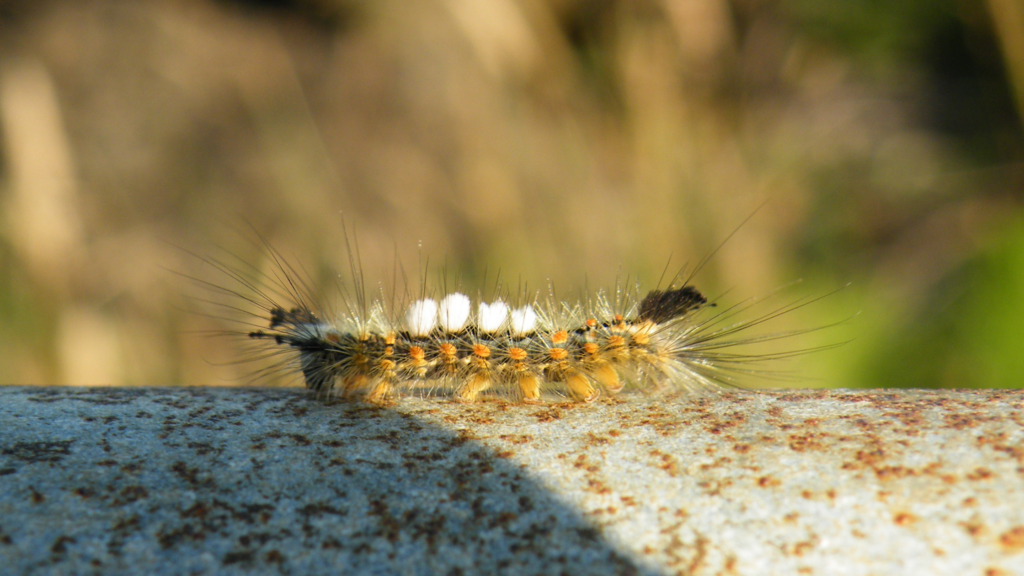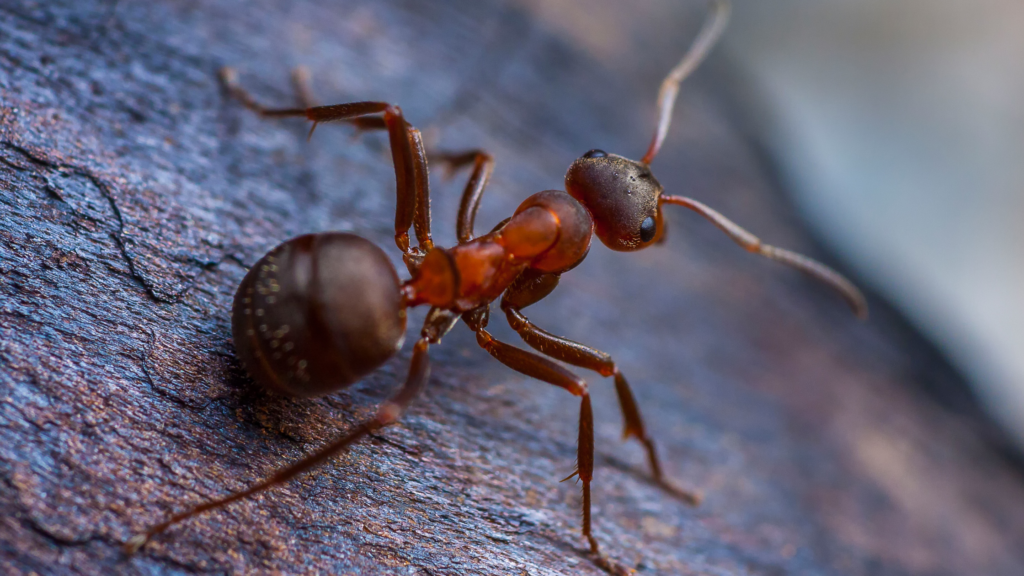The National Pest Management Association recently provided some odd, but interesting, insect mating habits.
Forget flowers and chocolates this Valentine’s Day. When it comes to wooing a mate many insect species have their own, unique ways of attracting the opposite sex. In honor of Valentine’s Day, the National Pest Management Association (NPMA) explores some of these strange mating habits.
Bed bugs
If you’ve ever had a bed bug infestation, you know how quickly a few bugs can turn into hundreds, but what you may not know is just how all those bed bugs come to be. Bed bugs practice a mating behavior known as “traumatic insemination” where the male pierces the abdomen of the female.
Kissing bugs
The name “kissing bug” might lead you to believe we’re talking about a disease you can pick up from smooching your Valentine, but kissing bugs are actual insects. Named for their tendency to bite the faces and lips of humans while they sleep, kissing bugs can cause welts and allergic reactions. This blood meal is necessary for male kissing bugs to mate and for the female kissing bug to lay eggs.
Termites
Female termites release ‘mating pheromones,’ much like perfume, to entice male termites. Once males locates the alluring females, they break off their wings, symbolizing they are a couple.
Fire ants
In fire ant colonies, the queen ant is in charge of egg laying, and can even control how many male and female eggs she lays. Her goal is to produce another queen, which needs males to mate and produce a colony. Worker ants, however, have no use for males, which die after mating. When the queen needs males, she can overwhelm the colony with male eggs. The female workers kill many of the males, but they can’t kill them all.
If you suspect a pest infestation in your home, contact Turner Pest Control to cut the courtship short. Turner Pest Control provides free inspections of your home and a comprehensive analysis of current activity or potential risks. Visit turnerpest.com or call us at 904-355-5300.
To learn more about pests, their mating habits and pest-proofing your home, visit PestWorld.org. The NPMA, a non-profit organization with more than 7,000 members, was established in 1933 to support the pest management industry’s commitment to the protection of public health, food and property.



